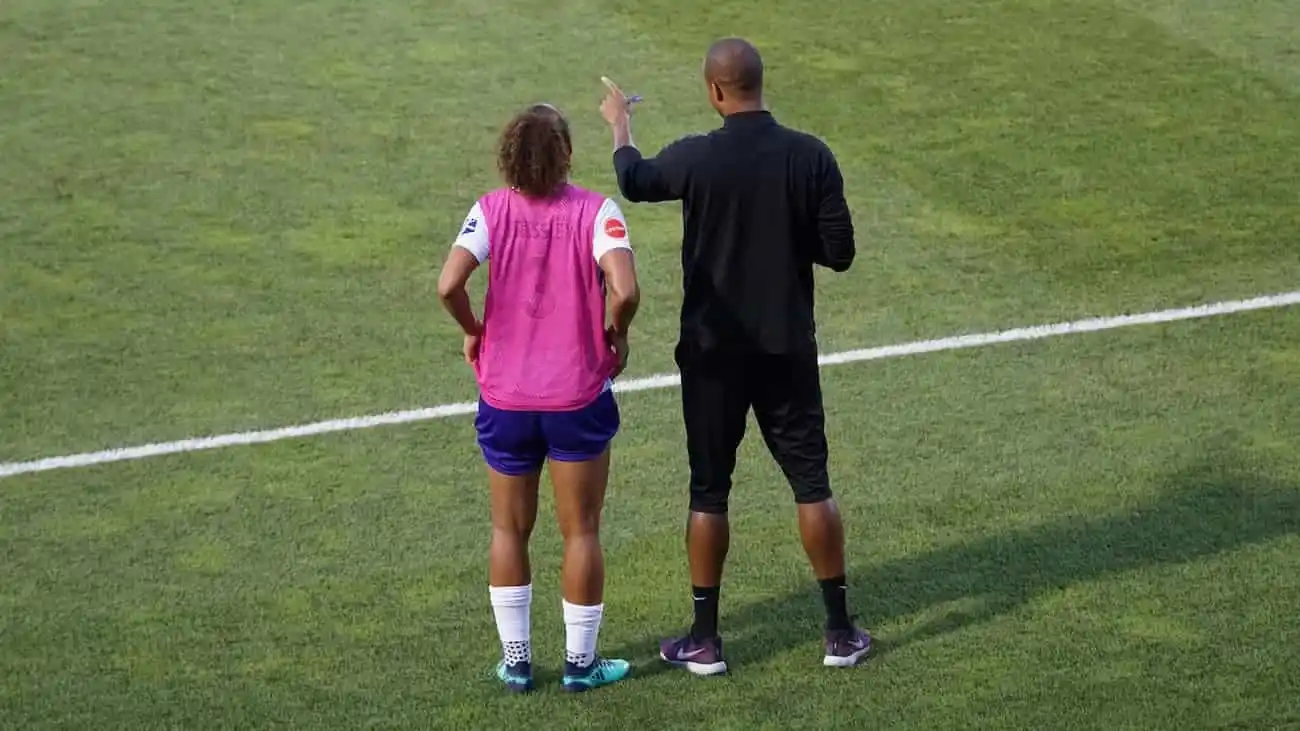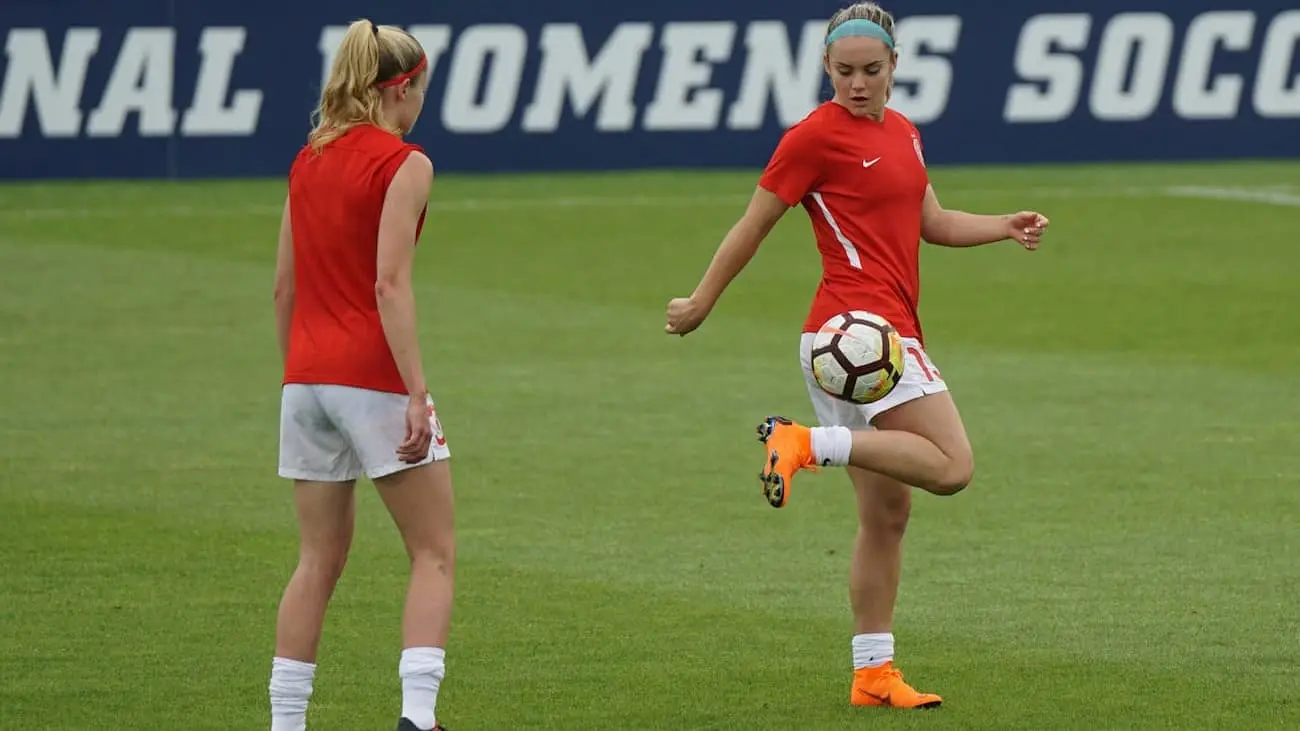GENDER PAY GAP
Thiago Calderaro
The Federal Labour Court in Erfurt has ruled: Women deserve the same salary as their male colleagues for identical work. This verdict followed a lawsuit by an employee from Meissen who worked at a metal company and discovered she was earning less than her male counterparts. The court found that the employer had discriminated against her based on her gender. On average, women in Germany earn 18% less than men, which equates to 66 unpaid workdays per year, as explained by Sarah Kohler in a commentary. The gender pay gap arises partly because women often work in lower-paid sectors and are more likely to switch to part-time work after having children. Even with equal qualifications and work, there is a wage gap of 7%. This discrepancy is even more evident in football: The prizes for women are far below those of men, even though teams from Canada, the USA, Switzerland, and Spain have been actively advocating for equal pay. DFB captain Alexandra Popp comments that equal prizes like the men's are currently unattainable for the DFB women.
A study by FUSSBALL KANN MEHR reveals that women in the management of German professional football are massively underrepresented. Although the number of women in such positions has quadrupled in the last three years, the share remains low at 3% in leadership roles and about 10% in supervisory boards. 21 of the 36 clubs do not have a woman on their supervisory board. A positive exception is FC St. Pauli. The analysis underscores the urgency for change and calls on clubs to promote women to leadership positions. Supervisory boards are increasingly including external women from business, politics, and science. The football sector has indeed created new positions, especially in areas where women are traditionally strong, yet women's participation in management remains low. While new positions in the DAX are currently expected to be filled by women for half, the share in football is only 10%. The study indicates that qualified women are available since around 50% of business studies students are female. Nevertheless, women are significantly underrepresented in decision-making roles in football.
Almuth Schult, a successful footballer and mother of three, discusses the challenges of motherhood in professional sport. The lack of acceptance of motherhood in competitive sports and the unequal distribution of care work underline the need for a societal reevaluation. The discrepancy in pay, the underrepresentation in leadership positions, and the daily challenges that working mothers face highlight the diverse aspects of gender inequality in football and beyond. The reality of reconciling family, work, and sport illuminates the structural and cultural obstacles that women must overcome.
Football, as one of the areas of gender-specific inequality, must confront societal realities. Promoting diversity and gender equality serves not only fairness but also enhances the innovative strength and future viability of football. It is now up to the decision-makers to use existing data and insights and to pursue change with determination.
Statement
At CoachingArea, we believe that #equalpay should apply to both the men's and women's national teams. Representing one's country with pride, for which the athletes have worked hard for many years, is equally relevant to society, regardless of gender.
Sources
1. https://www.fcviktoria.com/post/gender-pay-gap-gleicher-lohn-ist-keine-verhandlungssache
2. https://fussballkannmehr.de/wp-content/uploads/2023/03/FKM-Analyse-Diversitaet.pdf
3. https://www.fcviktoria.com/post/fu%C3%9Fball-arbeit-familie-wtf-vereinbarkeit
Continue Reading
This might also interest you:







